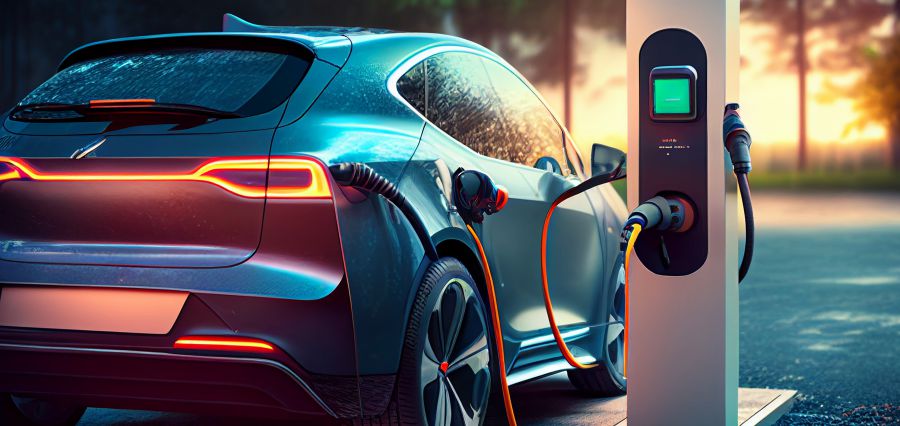A recent UK study underscores the importance of combining financial incentives with consumer education to drive the adoption of flexible electric vehicle (EV) tariffs. The research, conducted by LCP Delta as part of EDF’s Project Flash, highlights how consumers’ resistance to handing over control of EV charging can be mitigated with the right engagement strategies.
Shaz Shamim, a senior consultant at LCP Delta, shared insights with PV magazine from focus group sessions conducted ahead of the launch of new trial energy tariffs, including EDF’s EV OptiCharge tariff introduced in August 2024. Shamim noted that while financial incentives are crucial, they must be paired with clear communication about the broader benefits to household circumstances, grid stability, and environmental impact. He emphasized that simply discussing cost savings can appear “crude,” whereas highlighting how individual actions contribute to overall system efficiency and environmental protection resonates more with consumers.
The focus groups were part of the first phase of EDF’s Project Flash, which is part of the UK Department of Energy Security and Net Zero’s Alternative Energy Markets Innovation Programme. The initial six-month feasibility study explored how bespoke tariffs could support low-carbon technologies, such as heat pumps and EVs, in reducing grid pressure. Findings from these sessions informed the subsequent phase of the project, which includes five trial projects backed by £1.3 million from the government’s Net Zero Innovation Portfolio (NZIP).
EDF’s EV OptiCharge trial allows up to 300 customers to automate overnight vehicle charging, optimizing for cost and convenience. The data gathered will be analyzed by Loughborough University and the University of Sheffield to assess the feasibility of optimizing EV charging. Shamim remains optimistic, suggesting that with effective consumer engagement, the adoption of flexible tariffs could accelerate faster than anticipated.

